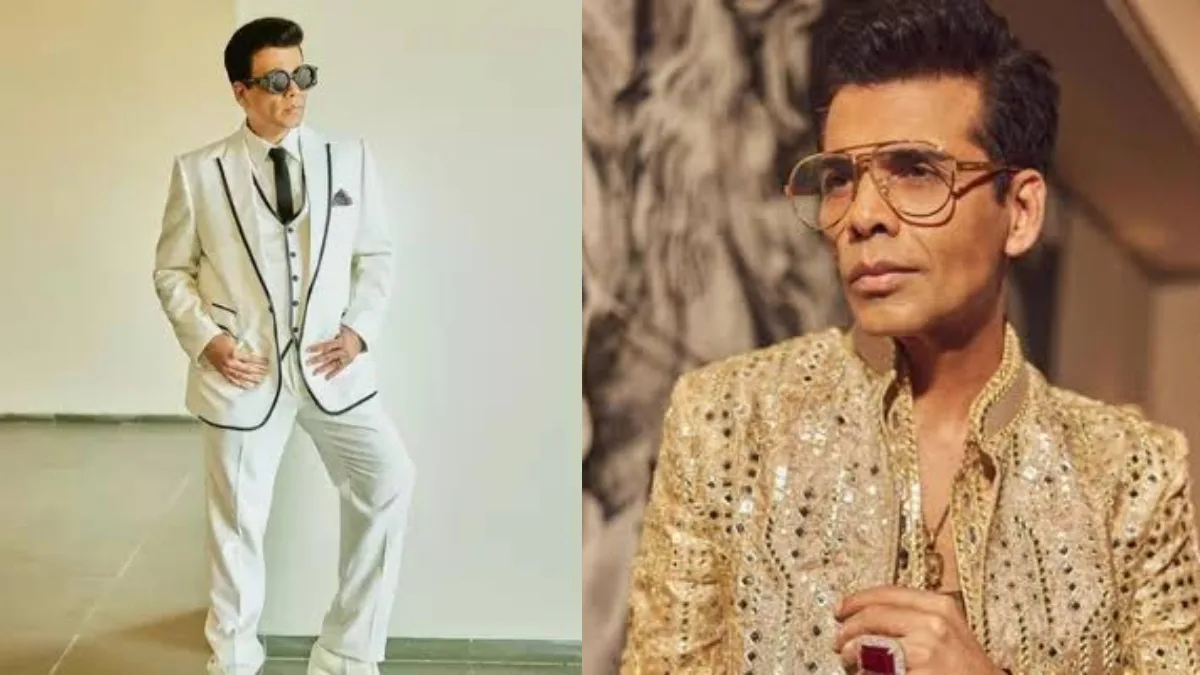The mass action spectacle has returned to Bollywood in recent years, riding on the success of larger-than-life event films from Tamil, Telugu, and Kannada cinema. Yet, Hindi films attempting to replicate the formula have delivered mixed results. Filmmaker Karan Johar believes the issue lies not with audiences, but with the directors helming these projects.
Speaking on The Streaming Show podcast with Suchin Mehrotra, Johar admitted that Bollywood is facing what he called a ‘director crisis’ when it comes to mounting high-octane event films. He explained, “It is a director crisis. You can’t think of more than a name or two. There isn’t anyone, because that entire generation spent their time watching a different kind of Hindi cinema, nurtured on a different kind of cinema. Globalisation, the Shah Rukh Khan phenomenon, stories shot outside the country—they love all that, but haven’t been able to do that front-footed testosterone cinema. They have never known it. Now, they can’t learn it. So, they emulate it and fall flat on their face.”

Johar has consistently praised filmmakers from the south who excel in this zone, including SS Rajamouli, Sandeep Reddy Vanga, and Prasanth Neel. In the same interview, he said Bollywood needs to embrace its own strengths instead of chasing trends. “Probably, we don’t have the directors to mount those kinds of films. So, if we can’t, then thank God for Saiyaara. This, we can do,” he said, referring to Mohit Suri’s blockbuster romantic drama.

Saiyaara, starring newcomers Ahaan Panday and Aneet Padda, has emerged as the highest-grossing love story in Indian cinema, collecting over ₹500 crore worldwide. Johar revealed that even southern filmmakers called up Suri to congratulate him, flipping the usual narrative of Bollywood reaching out. “We do one thing well, so let’s do that. Let’s go back to our storytelling,” he added.

Johar’s own last directorial outing, Rocky Aur Rani Kii Prem Kahaani (2023), also stayed firmly in the romantic genre. Starring Ranveer Singh and Alia Bhatt, it earned over ₹300 crore globally and went on to win a National Film Award.


